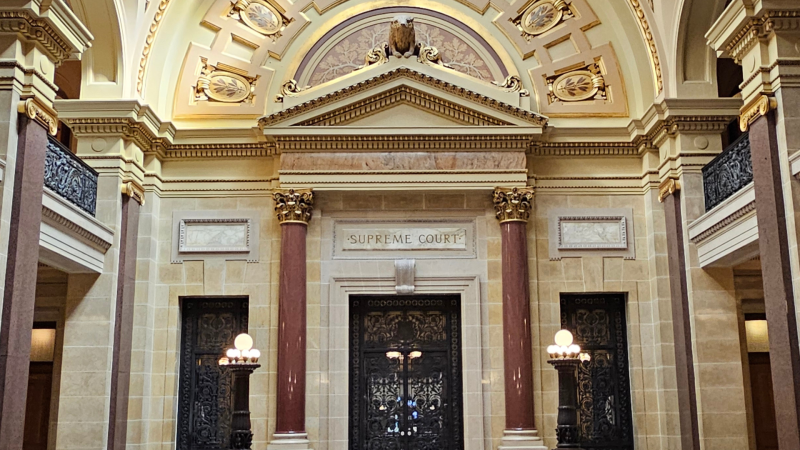A split state Supreme Court today invalidated an 1849 law that had been interpreted as banning all abortions. Writing for the majority in a 4-3 ruling, liberal Justice Rebecca Dallet found changes the state has made to abortion laws over the past 50 years implicitly repealed the 1849 statute. Dallet added the changes touched “virtually every aspect of abortion including where, when, and how health...
Please log in to access subscriber content.
If you don't have a subscription, please contact schmies@wispolitics.com for subscription options on the WisPolitics-State Affairs platform, which is the new home for WisPolitics subscriber products.

